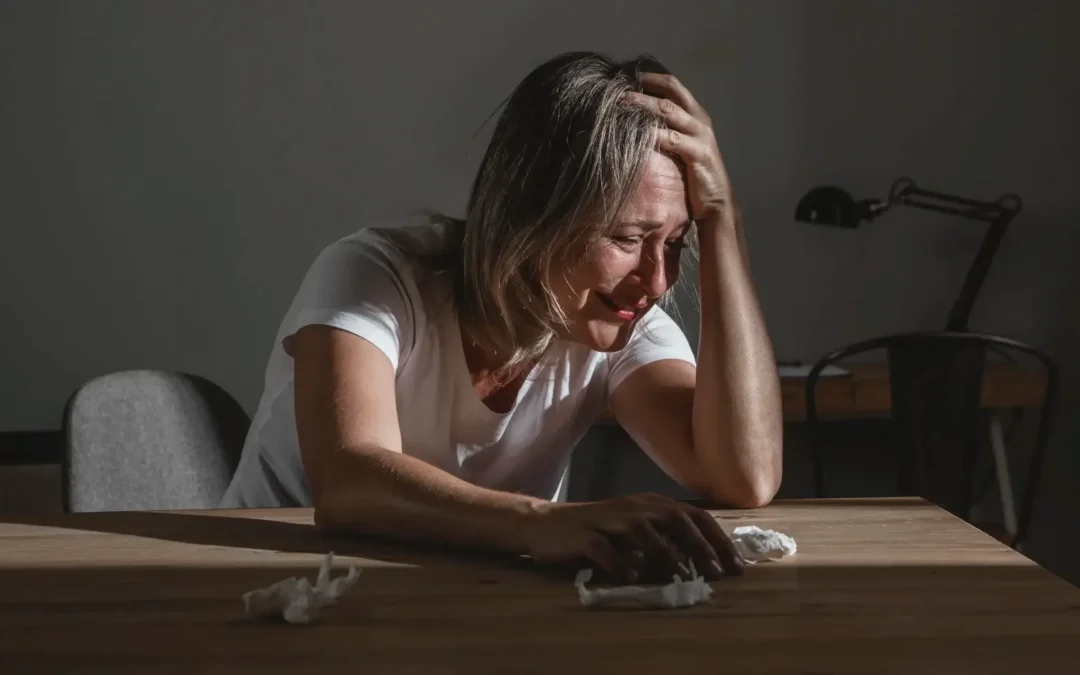Depression is a prevalent mental health condition that affects millions of people worldwide. While traditional treatments such as medication and psychotherapy remain crucial components of managing depression, an increasing number of individuals seek alternative approaches to complement their recovery journey. Alternative treatments for depression encompass a diverse range of therapeutic modalities that focus on holistic well-being, mind-body connection, and self-empowerment. In this article, we will explore some of the best alternative treatments for depression that have gained recognition and acceptance among mental health professionals and individuals seeking relief.
Psychotherapy – A Pillar of Alternative Treatment
Psychotherapy, also known as talk therapy, lies at the core of alternative treatments for depression. Various evidence-based therapeutic approaches, such as Cognitive-Behavioral Therapy (CBT), Dialectical Behavior Therapy (DBT), and Mindfulness-Based Cognitive Therapy (MBCT), offer valuable insights into understanding and managing depressive symptoms. By working closely with a trained therapist, individuals can explore the root causes of their depression, develop healthier coping mechanisms, and gain a deeper sense of self-awareness.
Exercise (Yoga, Running, etc) – Empowering the Mind and Body
Physical activity, often overlooked as a treatment for depression, has shown remarkable benefits in enhancing mood and overall well-being. Regular exercise prompts the release of endorphins, the body’s natural mood lifters, leading to reduced stress, anxiety, and depression. Engaging in activities such as walking, running, yoga, or dancing not only boosts serotonin levels but also fosters a sense of accomplishment and empowerment, instilling hope during challenging times.
Mindfulness and Meditation – Cultivating Inner Peace
Incorporating mindfulness and meditation practices into daily routines has demonstrated positive effects on depression management. Mindfulness encourages being present in the moment, fostering a non-judgmental awareness of thoughts and emotions. Meditation helps to cultivate inner peace, reduce rumination, and improve emotional regulation. Mindfulness-Based Stress Reduction (MBSR) and Mindfulness-Based Cognitive Therapy (MBCT) are structured programs that have shown particular promise in alleviating depression symptoms.
Herbal Supplements – Exploring Nature’s Remedies
Certain herbal supplements, such as St. John’s Wort, have been traditionally used to treat mild depression. Studies have suggested that St. John’s Wort may influence serotonin and other neurotransmitters associated with mood regulation. However, caution must be exercised when using herbal supplements, as they can interact with other medications and cause adverse effects. It is essential to consult with a healthcare professional before incorporating any herbal remedy into a treatment plan.
Acupuncture – Balancing the Flow of Energy
Originating from ancient Chinese medicine, acupuncture involves the insertion of thin needles into specific points along the body’s meridians to promote the flow of energy or “qi.” Some studies have indicated that acupuncture can be an effective adjunctive therapy for depression by influencing neurotransmitters and reducing inflammation. Acupuncture sessions are typically relaxing, which may help reduce stress and improve overall well-being.
Support Groups – Connecting with Understanding Souls
The power of social support cannot be underestimated in the context of depression. Joining support groups or seeking understanding from friends and family can provide a safe space to share experiences, exchange coping strategies, and alleviate feelings of isolation. Being surrounded by empathetic individuals can instill hope and reinforce a sense of belonging, both essential factors in the recovery process.
Art Therapy – Expressing Emotions Creatively
Art therapy offers a unique outlet for emotional expression and self-discovery. Engaging in creative activities such as painting, drawing, writing, or crafting can serve as a cathartic release for pent-up emotions. It allows individuals to explore and process feelings that may be difficult to articulate verbally. Art therapy promotes self-reflection, self-acceptance, and a deeper understanding of one’s emotional landscape.
Conclusion
Alternative treatments for depression encompass a diverse array of approaches that emphasize holistic healing and empowerment. While these treatments can be complementary to traditional medical interventions, they are not meant to replace evidence-based therapies. If you or someone you know is struggling with depression, it is essential to seek professional help from a healthcare provider or mental health specialist. With the right support and a personalized treatment plan, individuals can embark on a journey towards healing, resilience, and improved well-being. Remember, seeking help is a sign of strength, and no one should have to face depression alone.
As Designed Wellness has a licensed acupuncturist that can help you if you’re interested in acupuncture for depression or any other related problem. We are conveniently located in Dana Point near Mission Viejo and Laguna Beach, so just drop by. It would be ideal if you scheduled an appointment first by completing this form or call (949) 412-6815.

